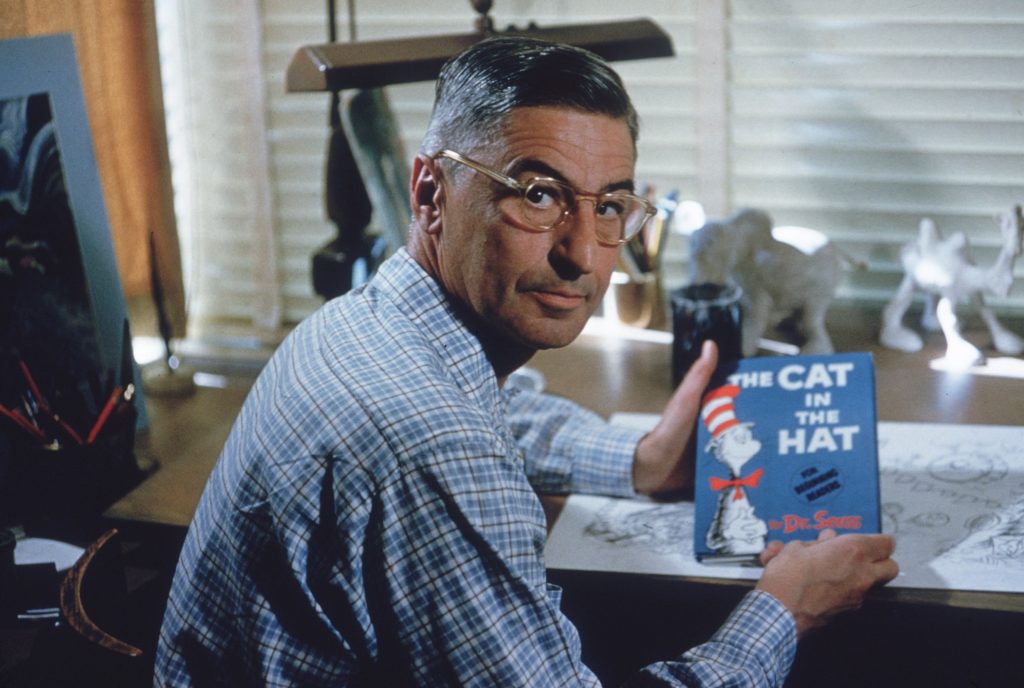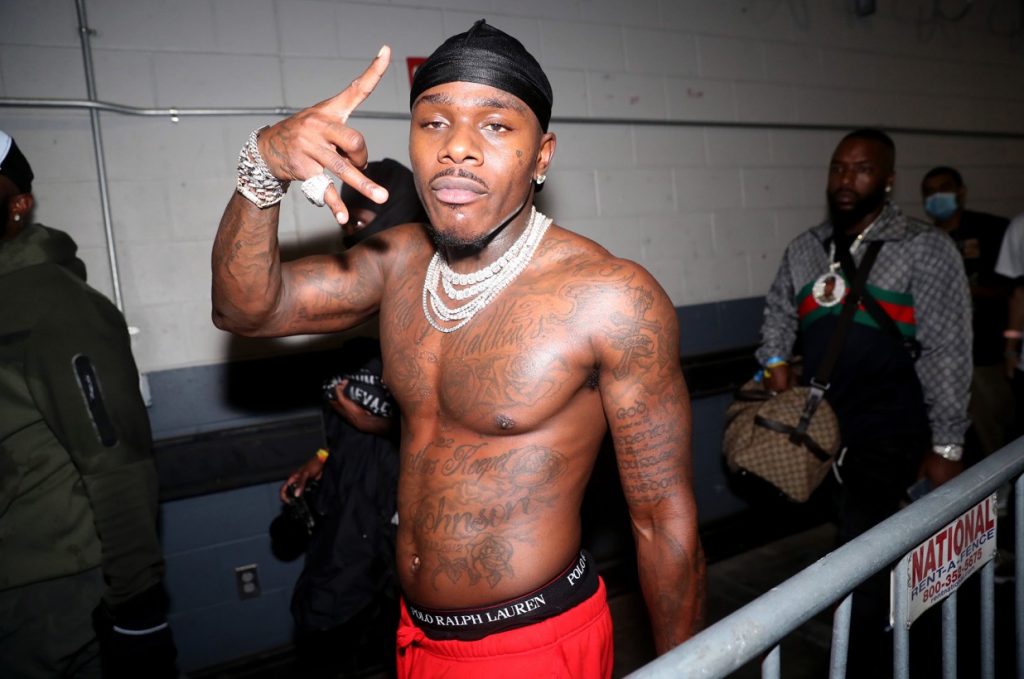LAST year was a strong year for cancel culture. The mob mentality judgement system that can end careers in the blink of an eye claimed several victims in 2021 – Ellen DeGeneres, Justin Timberlake, J.K. Rowling, Marilyn Manson, DaBaby, Travis Scott… the list goes on.
Even beloved children’s author Dr Seuss was hiding something other than a wocket in his pocket after several of his books were pulled by publishers for containing alleged closet racism.

If anyone has been off the grid for the last decade, cancel culture is a social phenomenon that involves the public ostracization of individuals, brands, groups, or any sort of sentient being that is able to hold and articulate a viewpoint that is perceived to be wrong by the general consensus.
This is a very broad definition, but it essentially stems from deep-rooted shame and can be traced right back to when humans were hunter-gatherers, facing expulsion from their tribe if they were found guilty of wrongdoing.
Back then being cancelled usually meant starvation or some other sort of sticky demise, but today its consequences are far more complex. With social media playing a central role, modern cancel culture allows an us vs them mentality to thrive and can create echo chambers in which any views or behaviours opposing your own can simply be removed or blocked.
This is a dangerous way of stifling debate and fuels division in our already polarised society, not to mention a key method used by dictators in years gone by.

Granted, the individuals who have been rightly criticised last year for their wrongdoing have nowhere to hide and public opinion does play a role in calling out bad behaviour and holding powerful people to account. Travis Scott has a lot to answer for after the Astroworld disaster, as does DaBaby for his questionable comments last year. And after his conviction last year, R Kelly is one of the most deserving recipients of a cancellation in history.
But cancel culture can often leave no room for redemption. Past mistakes become defining moments from which there is no way back, and this toxic trait in contemporary society creates a culture of fear damaging to public mental health. Yes, a culture of fear can help keep bad behaviour in check, but at what cost?
“A fundamental concern for others in our individual and community lives would go a long way in making the world the better place we so passionately dreamt of.”
Nelson Mandela
When cancel culture enters the sphere of political debate, it can become highly toxic and can essentially be boiled down to collective bullying. Maintaining positive mental health throughout the population requires flexibility, the ability to listen and empathise, and being compassionate to others. These are small prices to pay in preventing someone’s long-term suffering just for having an opposing view.
In his 2021 book Cancel This Book: The Progressive Argument Against Cancel Culture, human rights lawyer Dan Kovalik sums the phenomenon up well by saying: “This is a time that calls for great soul-searching. And what most understand is that true soul-searching involves looking into one’s own soul to find ways to advance and evolve morally and spiritually; it is not about peering into others’ souls in an attempt to find them somehow lacking.”
“Sadly,” he continues, “cancel culture is all about the latter, and it is a road that will not lead us into the light.”
SEE MORE: Has Travis Scott Been Cancelled After The Astroworld Disaster?


